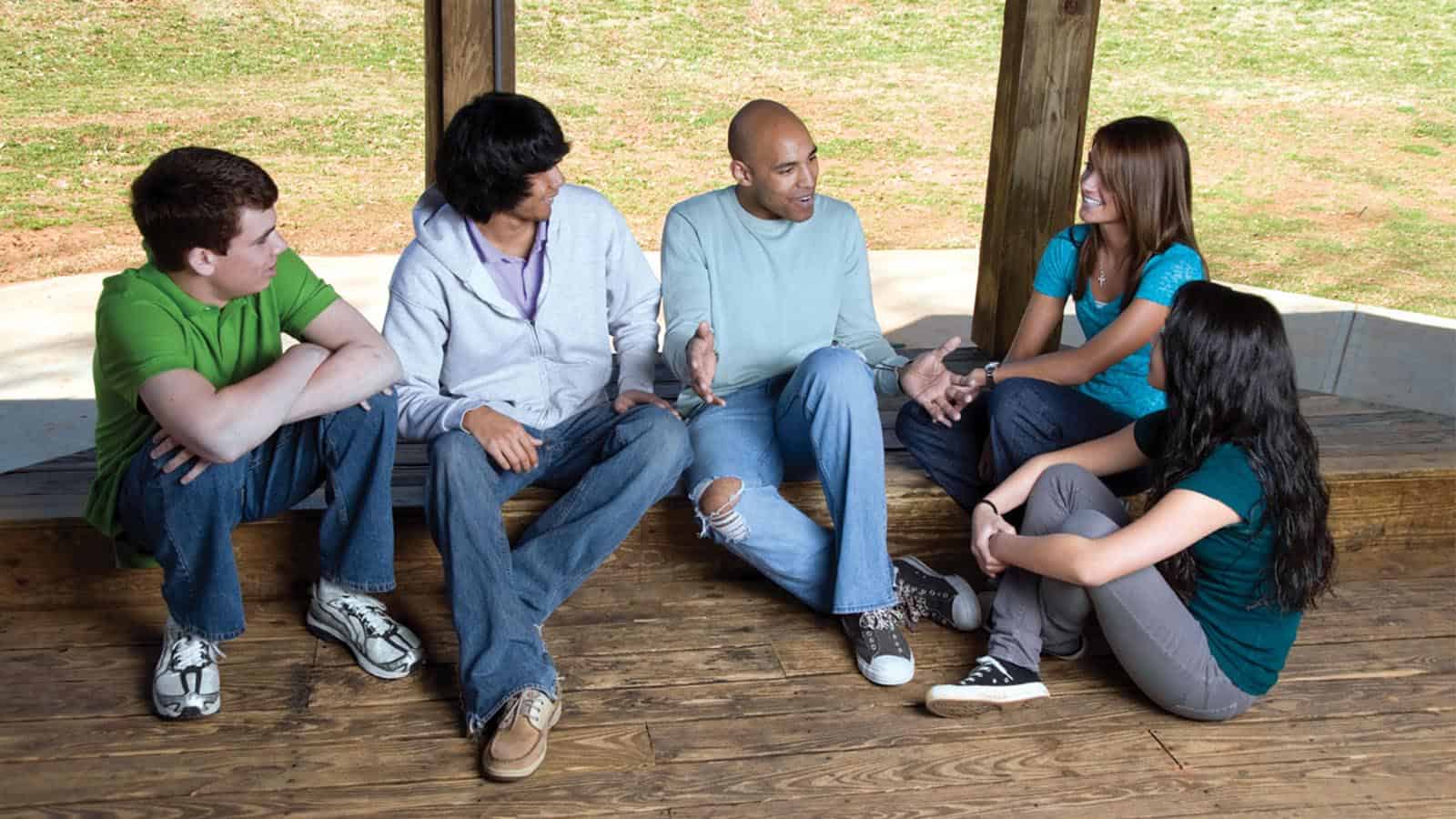It’s a painful process to accept that your loved one may have a substance use disorder.

- Addiction to opioids is a disease. Don’t let hope conquer reality. If someone has a substance use disorder, this is no longer about “choices.”
- It’s never too early to react. If someone you care about is reaching into the medicine cabinet to self-medicate, you should try to intervene before a disaster occurs.
- Don’t wait until it’s too late. If you can get him/her into an in-patient treatment now – do it. You can learn more about treatment options through this Substance Abuse National Helpline. It’s a free, confidential, 24/7, 365-day-a-year treatment referral and information service (in English and Spanish) for those facing mental health and/or substance use disorders.
- Don’t believe it will be easy. Recovery takes much longer than a 30-day program. They may bitterly resent this intervention and will try to make you feel bad.
- Don’t listen to rationalizations. They will be angry with you, and you cannot be deterred by that when you need to intervene. Your loved one is not themself anymore, and you are doing what is best.
- Face it. They are in trouble and are often very skilled at deception. They are often in denial as well. You are going to tend to want to believe your loved one, but this is no time to go into denial.
- Clean out the medicine cabinet. Any opioid is subject to misuse and overuse – especially to someone who craves more. Unlike antibiotics, finishing an entire prescription of opioids is not a mandate. Help your loved one work with their medical practitioner to see if a generic non-opioid pain reliever or alternative therapy will bring relief. Consider getting a second opinion. Safely dispose of the unused medication at local Drug Take Back locations.
- Nothing is more powerful than the disease of addiction. Don’t fall for the notion that a big incident or “hitting bottom” will shock them out of using drugs. If they are addicted, they are not able to stop on their own. It’s a disease that will not go away by willpower alone: no more than any person can will away diabetes, cancer, or Alzheimer’s.
- Your biggest fear comes true – an opioid overdose. If your loved one has overdosed and required emergency response to revive them, try to get them a “warm hand-off” into treatment. A warm hand-off is a transfer of your loved one from hospital emergency to a drug treatment provider.
- Consider the options: Experts in substance use disorder treatment recommend an initial dose of a craving-reduction drug associated with Medication Assisted Treatment (MAT). If they are not offered MAT, help your loved one explore all the options by getting other opinions.
- Addiction can be deadly. When someone has a substance use disorder, it can be hard, heartbreaking, and even dangerous. If you want to help, don’t try to go it alone. Don’t let stigma or shame stop you from getting the help and support you need at this time.
- You are not alone. Others have been down this road and are there to support you. Local Family Support Groups in your area can help you find strength through sharing their experiences in a safe, judgment-free zone.
Don’t let stigma or shame stop you from getting the help and support you need at this time.SAFE Project



